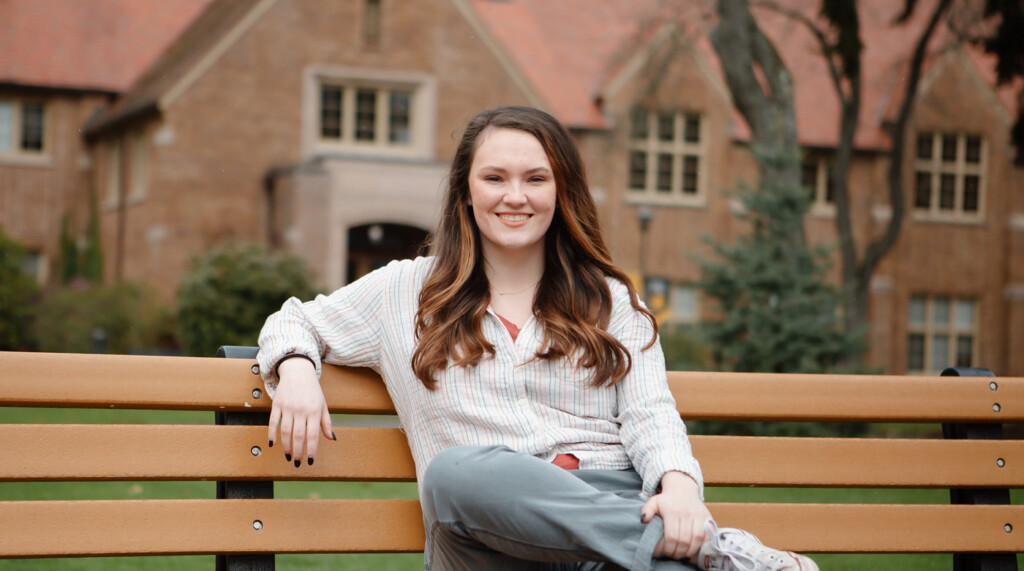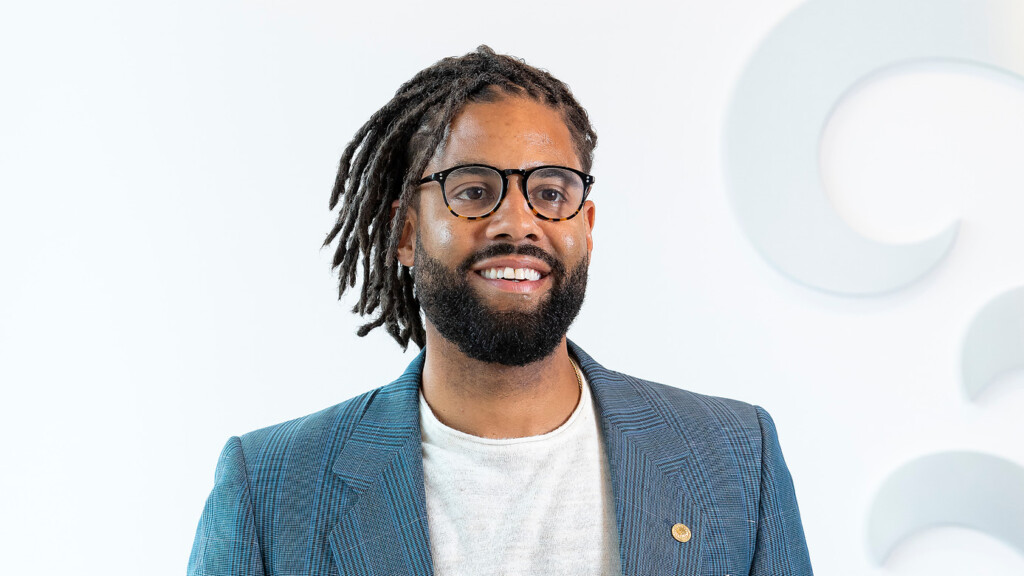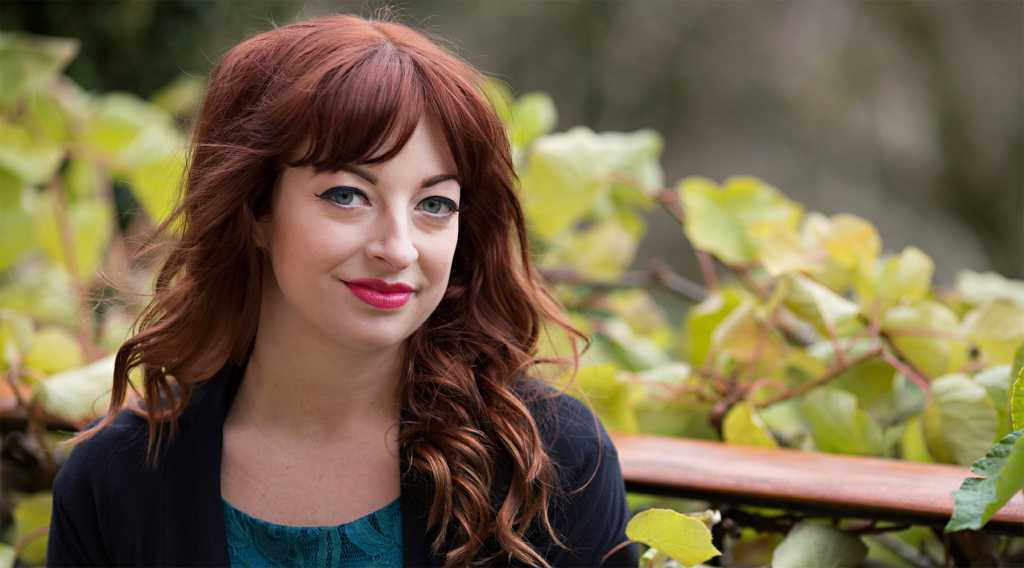Page 338 • (3,565 results in 0.054 seconds)
-

identities they hold. Hernández was born in LA, then grew up in Las Vegas. They first heard about PLU from a best friend’s sister. At a college fair, they learned about PLU’s commitment to equity, justice, and diversity—along with the mission statement that states the importance of care for the earth. After visiting in the spring, they were sold, enchanted by Washington’s trees and mountains, and PLU’s Red Square and communication program. “It felt like home,” Hernández says. A few weeks ago, they
-

like it is my “job.” I want to be able to get up every morning and say, “I am a musician, and that is what gives me life.” As long as I am happy and my music makes others happy, that’s all I care about. Read Previous Lute Powered: MultiCare Health System Read Next Sophia Barro ’22 is following her passion for faith, literacy and diversity into elementary education COMMENTS*Note: All comments are moderated If the comments don't appear for you, you might have ad blocker enabled or are currently
-

lives, choose where they go to school or work and have access to water and food. You can’t help but care about hearing people talk about their hopes and dreams after seeing them denied on a first-hand basis. What type of work do you perform as PLU’s Vet Corps Navigator? I help provide our military-affiliated students (veterans, spouses or dependents) with peer-to-peer mentorship. In their transition to academic life, they have different barriers or obstacles than traditional students do. They have a
-

skills, and provided opportunities to improve my Spanish through classes and study away programs. Networking opens up many opportunities. While at Seattle Children’s, I was responsible for reaching out to find traumatic brain injury resources in Alaska for a study at Children’s. In the fall of 2022, I did preliminary literature review research and interview-question Spanish translation for a University of Washington palliative care and dementia issues project. As part of that project, I’m helping
-

from physiological to social issues relevant in psychology. It turns out understanding people (psychology) and asking questions (philosophy) are two attributes that make for a successful wealth advisor. In 2008, Bell went to work at Cannataro Family Capital Partners in Manhattan. Today he has a slew of professional licenses in everything from long-term care insurance to retirement income, and has taken courses at The Wharton School at the University of Pennsylvania. He’s one of four partners in his
-
. However, there are some items that are not considered accommodations in higher education; this includes, but is not limited to: Individualized instruction Tutoring Personal care attendant Modifying curriculum Application ProcessCommon Questions about the Application ProcessQ: What is my first step? A: The Application for Services is completed online via the Accessible Learning System. A link to the online application can be found at the bottom of this page. Fill this out to the best of your ability
-
earth under my bare hands gave me a sense of how the Zapotec people feel when they are taking care of their planet, adding to the beauty of the earth with new plants and flowers. I learned about new herbs and their healing properties, like poleo, which was both in the bath and in the tea that I was given afterwards. Poleo is supposed to be extremely beneficial for the intestinal tract, including digestion and upper-respiratory tract infections. The opportunity to cleanse my body through the
-
understand and care for others regardless of their positionality. It also is a field in which I can dive into multiple disciplines, making it dynamic, interesting, and ultimately applicable to the world around us. Final Video Presentation The Hardest Transition: Understanding How Bodies Are Received in the Light of Death Bennett Rivera Personal Profile: I like to define myself as a typical guy in his 20s. On the outside I like playing video games, spending time watching pointless videos, working out, and
-

traveling a month and a half each year for his photography. Last year, he traveled just six days. “The problem with dialysis is that it keeps you alive but it doesn’t give you the life that you had,” he said. “You have your life, but it isn’t really living.” To care for his wife and help her with dialysis, Ebi has switched gears with his photography business. He is working with inventory that is already cataloged. He’s exploring the area around his home with the “same passion that I used to devote to
-

, not even with the idea that anyone else would ever read it, let alone enjoy it,” she says. “I wrote it simply because I couldn’t not write it,” Walton continues. “These characters of mine weren’t going to let their story be untold, and they didn’t seem to care whether I had time for much else.” Walton describes herself as a collector of characters. “I’ll come across a name or a place or an occupation that catches my eye and I’ll write it down, or I’ll think, ‘Oh! That will fit with this character
Do you have any feedback for us? If so, feel free to use our Feedback Form.


